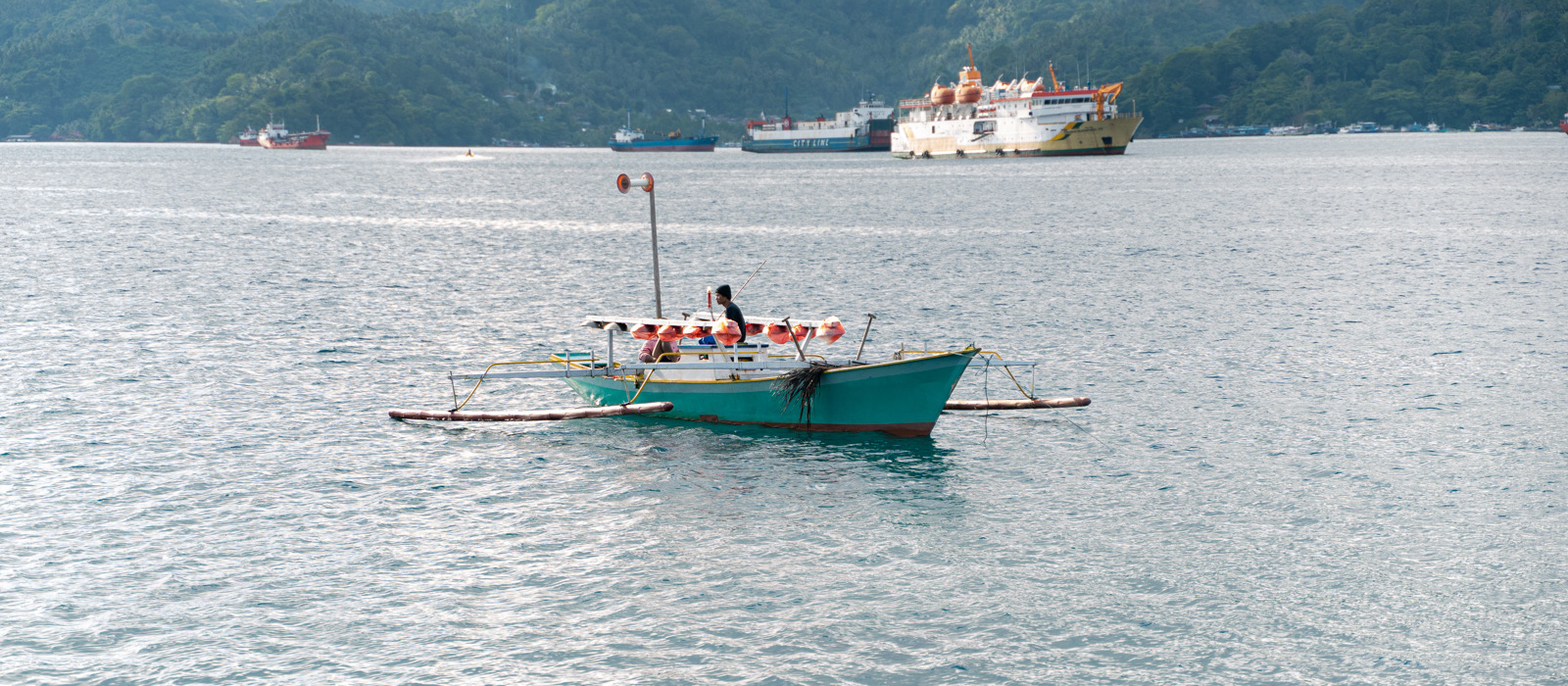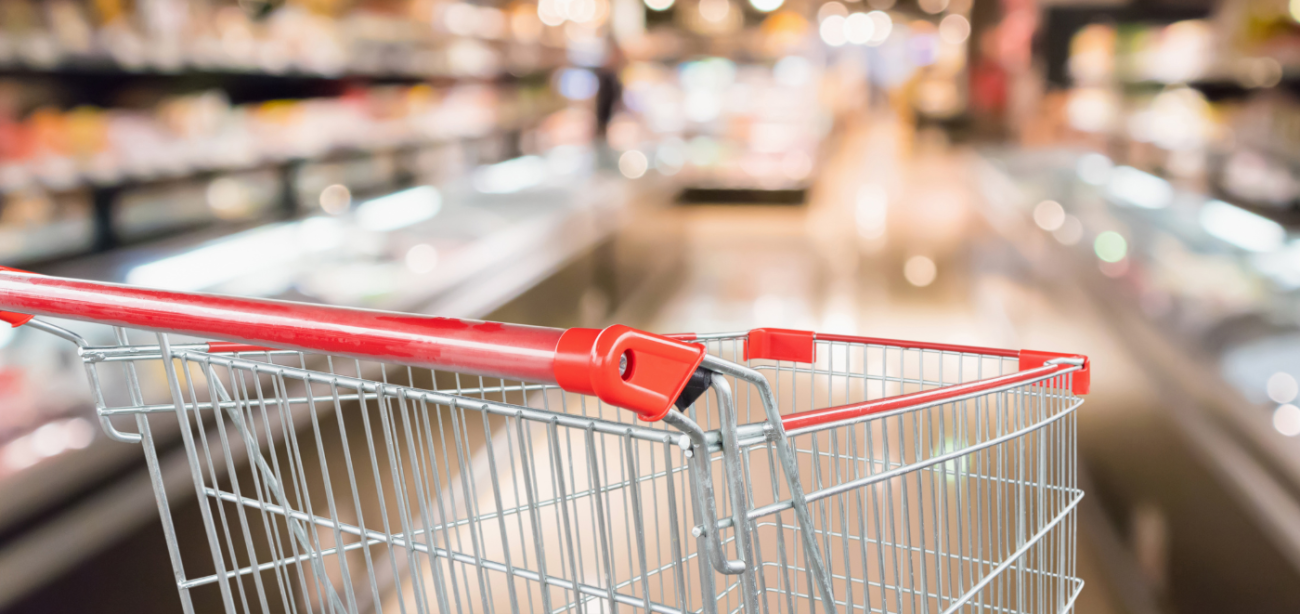Human Rights at Sea (HRAS) interviewed Social Responsibility Director Zacari Edwards, who discusses the vital work of International Pole and Line Foundation (IPNLF), the biggest threats facing the industry, and what consumers can do to drive change.
One of the biggest issues is that the sector is simply not proactive enough in removing major obstacles that prevent small-scale fisheries from fully exercising their human rights. Other under-recognised human rights, such as the right to life and physical integrity, the right to an adequate standard of living, the right to adequate food and nutrition, and the right to work and workplace rights, are inextricably linked to both the security of livelihoods and fisheries’ access to high-value export markets. For this reason, it is especially crucial to overcome cost-prohibitive barriers that prevent small-scale fishers from accessing the market.

In his current role as Social Responsibility Director, Zacari oversees the delivery of the IPNLF Social Responsibility Programme, which was put together based on IPNLF’s aspiration to work towards a fair seafood industry that supports the welfare of the most vulnerable and enables coastal communities to thrive. According to Edwards, what sets IPNLF apart is that its Social Responsibility Programme aims to go beyond ensuring minimum human rights protections are in place for workers towards increasing human wellbeing and improving the quality of life of the resource-dependent fishing communities they represent.
“At IPNLF, we see the integration of social equity and social responsibility as a key priority area that needs to be better addressed in the seafood industry, and our programme is tailored to ensure we maximise our unique position to make this a reality. Ultimately, we want to see the sector take more responsibility for improving the well-being of fishers and uplifting the coastal communities that provide us with the seafood we eat. ”
— Zacari Edwards

The interview puts forward how without businesses actively addressing market access hurdles through their policies and purchasing practises, small-scale fisheries cannot achieve equality or fair market access. Due to this, IPNLF aims to promote stronger economic ties between corporations and small-scale fishermen in addition to our programme activity. This is a crucial first step since strengthening long-term commercial ties between businesses and fisheries can significantly improve the performance of human rights. Furthermore, the interview highlights:
“As the appetite for cheap fish worldwide grows, so does the demand for men who are paid little or nothing to catch it”.